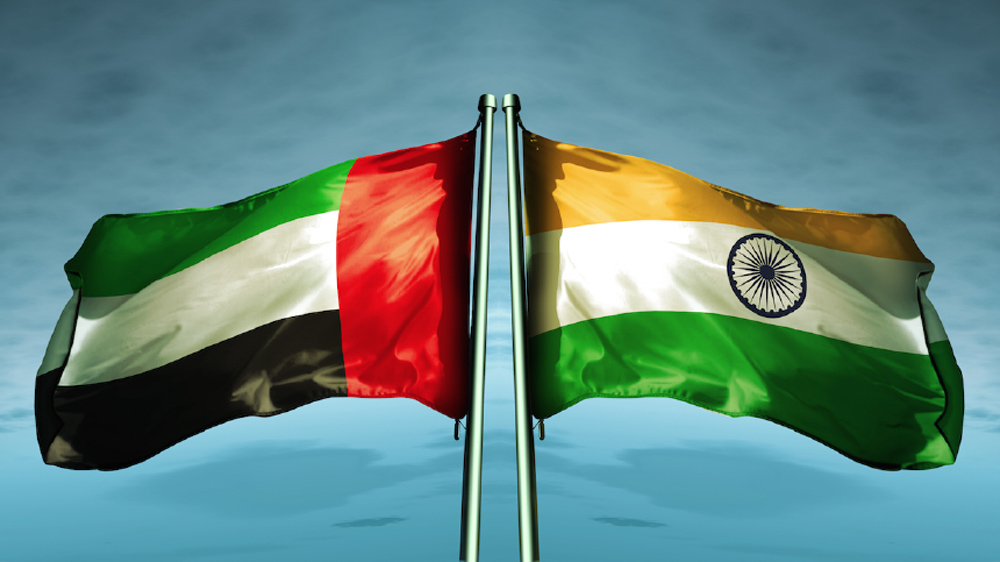On 14 August 2016, India became the first major labor-exporting country to adopt the new labor recruitment procedures initiated by the Government of the United Arab Emirates (UAE). The Emirati Labor Minister, H.E. Saqr Ghobash announced three new decrees on 19 December 2015. The new laws, which officially came into effect on 1 January 2016, ensure that employers provide their employees contracts detailing their duties and compensation. The UAE Ministry of Labor must approve these original contracts before issuing permits and visas to foreign workers. These new procedures aim to make the widespread practice of contract substitution more difficult. The new laws also make it easier for both the Government of the UAE and the Government of India to track migrant workers and curb human trafficking and forced labor in the Gulf country.
The UAE has over eight million low-paid migrant workers within its borders, comprising over 90 percent of the country’s private workforce. Over two million of these workers are Indian migrants, and they form the UAE’s largest workforce based on nationality. The majority of these low-paid laborers work in construction or domestic help positions, and many of these workers are victims of human trafficking or forced labor. Migrants often pay large fees to enter the country where their employers will revoke their passports, change their contracts, subject them to physical and sexual abuse, and withhold their wages. The UAE’s new laws aim to remedy many of these human rights violations, and India’s cooperation acts to reinforce its commitment to its citizens.
The Government of India has recently implemented its own practices with regard to sending its citizens to the UAE. As part of the two countries’ collaboration, Indian officials can now verify whether the employment contracts Emirati employers offer to Indian workers are the same as those approved by and filed with the UAE Ministry of Human Resources and Emiratisation within the Ministry of Labor. India’s ‘eMigrate’ online portal facilitates this process. India’s Ministry of Eternal Affairs has issued this additional mandatory requirement through this portal only for those migrants who aim to work in the UAE. By verifying validity of contracts and positions in both countries, India and the UAE are acting to thwart contract substitution and the issuing of fake visas. These issues contribute to the forced labor and human trafficking that occurs in the UAE. If the UAE wants to continue to combat forced labor within its borders, the government must create and nurture similar collaborations with other historically labor-exporting countries.
While the new Emirati laws help to create a dialogue about human trafficking and forced labor within both the UAE and India, the government needs to ensure that the dialogue not only continues, but it facilitates stronger, concrete practices between the countries. The UAE must reach out to the other countries from which it receives much of its labor. The Governments of the UAE and India have to also remain mindful of their enforcement in regard to these new laws and practices. The UAE currently has many laws on the books that theoretically criminalize human trafficking and forced labor offenses, however officials remain unable to adequately enforce them. Enforcement of these laws and continued cooperation between labor-exporting and labor-importing countries is key in order to successfully curb human trafficking and forced labor abuses both inside and out of the Gulf.
Brittany Hamzy is an Advocacy Fellow at ADHRB.





